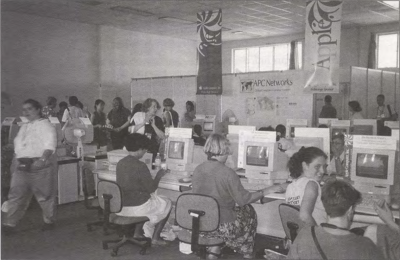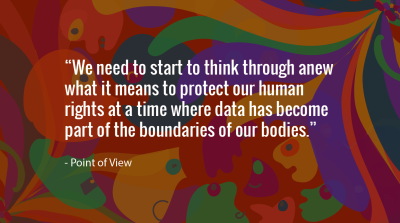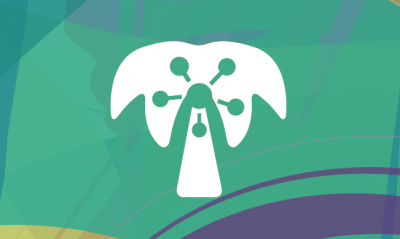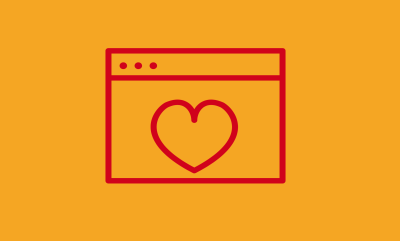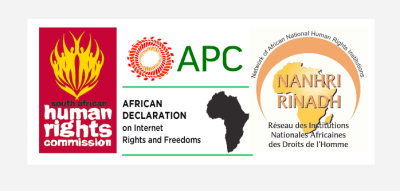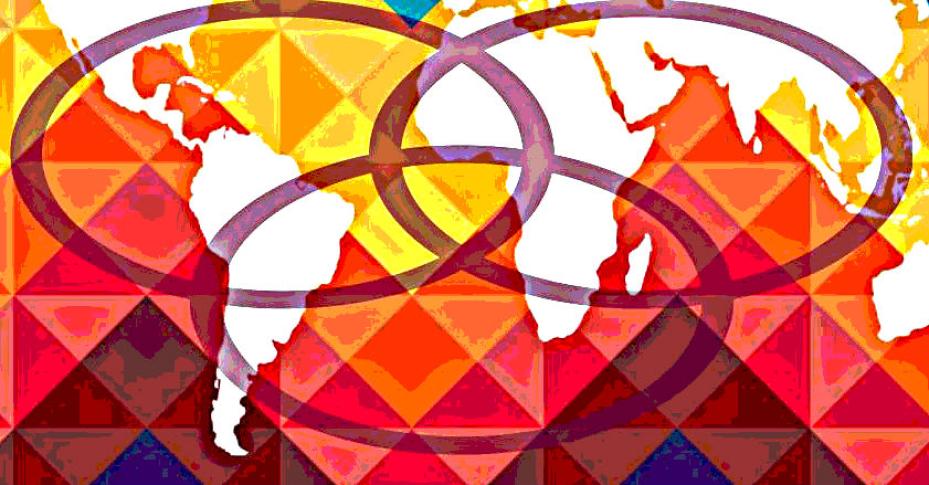
Building an internet rights movement in the global South
The internet rights discourse has always been characterised by a relatively narrow civil and political rights orientation. It has not included many rights-related issues which are important for developing country actors, be they from government, social movements or civil society. Nor has it been influenced much by those for whom the internet is a vital platform for expression and participation, including women’s rights activists and people of diverse sexualities and gender identities.
There is concern that the internet freedom agenda is being driven by the needs and priorities of the global North. At the same time many freedom of expression advocates have avoided raising concerns about the control of sexual content and expression on the internet because of fears that this would undermine their demands for freedom of political expression. Women’s and sexual rights advocates remain marginal to discussions on internet rights, while internet rights and freedom of expression movements lack the awareness of crucial gender and sexuality connections in their work.
As a result, critical perspectives from the global South have not been adequately considered and this has led to gaps in internet policy research, analysis, discourse, and networking and movement building.
What will APC do to address these limitations?
This project’s overall objective is to build awareness and collaborative action on internet policy and regulation among activists in the global South in two specific areas of challenge:
- Securing human rights in internet policy and regulation in Africa
- Integrating a feminist and gender justice agenda in internet governance debates and processes.
APC will contribute to building a strong and diverse internet rights movement in the global South (working in Africa, Asia and Latin America and the Caribbean) that engages in policy spaces to deepen analysis and debate on access, privacy, the right to information and freedom of expression, approached from feminist and gender justice perspectives. We will integrate social, economic and cultural rights and make the vital links between human rights, social justice and development.
We will build understanding, analysis and collaboration among a diversity of women’s rights, human rights and social justice groups that are currently not actively engaged in internet rights. We will build awareness of internet rights among media practitioners, policy makers, researchers and analysts.
The project consists of two linked initiatives:
a) Women’s rights, sexuality and the internet: Movement building based on the Feminist Principles of the Internet
b) Building an internet rights movement in Africa around the African Declaration on Internet Rights and Freedoms.
a) Women’s rights, sexuality and the internet: Movement building based on the Feminist Principles of the Internet
The women’s rights, sexuality and the internet initiative aims to build cross-movement interaction between sexual rights, women’s rights and internet rights activists, to strengthen participation in internet policy processes, as well as deepen discussions specifically around privacy, the right to information and freedom of expression from a feminist and gender justice perspective.
The Feminist Principles of the Internet (FPIs), created at the first global Gender, Sexuality and the Internet meeting convened by APC in April 2014 in Malaysia, articulate the intersection of women’s rights, sexual rights, and internet freedoms. They cover issues like access, economy, activism, anonymity, privacy, gender-based violence, and access to information.
APC will develop a series of activities that will engage sexual rights and women’s rights organisations in two key policy areas using the FPIs as a framework: the right to privacy, to ensure the inclusion of issues related to sexuality and women’s rights; and debates around freedom of expression and censorship on the internet.
b) Building an internet rights movement in Africa around the African Declaration on Internet Rights and Freedoms
The African Declaration on Internet Rights and Freedoms (AD), of which APC is a founding member, is not proposing “new rights”. It is simply a way of drawing attention to the need for recognising human rights on the internet and holding governments accountable for complying with agreed rights. APC, as part of the Declaration Secretariat, plays a lead role in building awareness and support for the Declaration, under a two-folded goal: making African rights groups and media practitioners aware of how important protecting rights on the internet is to their work, and achieving greater respect for human rights on the internet at all levels, but particularly among governments, parliamentarians and intergovernmental bodies, by making them aware and accountable for upholding the rights they have already agreed to.
How are we doing it?
- Research to gather more contextual information about the impact of violations of the rights contained in the AD and the FPIs.
- Developing policy briefs that make the case for a rights-based approach to internet policy and regulation and analytical briefs that apply the AD (in Africa) and the FPIs to the specific contexts of different movements in three regions (Asia, Africa and Latin America).
- Developing interactive multilingual online platforms to publish research and briefs, and facilitate exploration of how the principles in the AD and the FPIs apply in different sectors and contexts.
- Building wider networks and cross-movement collaboration by bringing human rights, women’s rights and sexual rights organisations, media, ICT for development networks, pro-democracy groups and internet freedom activists together for outreach and capacity building.
- Engaging policy makers through briefs and at events that address internet, information and human rights matters.
- Building awareness of the principles in the FPIs and the AD by presenting them at events, aimed at reaching policy makers, human rights and civil society groups, the technical community and the broader internet community, including the business sector.
- Hosting FPIs and AD country conversations, which will serve as a way to engage activists and advocates from different women’s rights, sexual rights, media, ICT for development and internet rights movements in at least six cities across the three regions, as well as building cross-movement networks locally.
- Capacity building and collaborative action: Many events will serve as the scenario to build capacities and enable collaborative action, such as national, regional and global Internet Governance Forums, the third global Gender, Sexuality and the Internet meeting at the AWID Forum, the parliamentary forum on the AD at the African Commission on Human and Peoples’ Rights, and the fourth African School on Internet Governance (AfriSIG) hosted by APC, among others.
